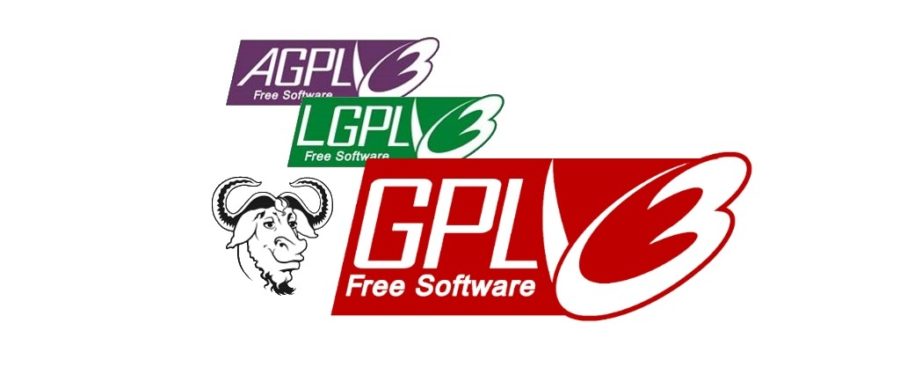According to Wikipedia:
Surveillance is the monitoring of behaviour, activities, or information for the purpose of influencing, managing or directing.
It is by no means a new concept, as the ability to know what your population is doing at any given time is extremely useful when trying to enforce laws. This is why even in the Bible, there are examples of what is thought to be surveillance:
One evening David got up from his bed and walked around on the roof of the palace. From the roof he saw a woman bathing. The woman was very beautiful, and David sent someone to find out about her. The man said, “She is Bathsheba, the daughter of Eliam and the wife of Uriah the Hittite.”
2 Samuel 11-12
Later in the passage, David goes on to sleep with Bathseba, even though she was already the wife of Uriah. Cleary, in this example, surveillance was used for David’s own personal gain and pleasure rather than for the greater good.
There is even evidence to believe that the ancient Egyptians were using forms of surveillance, according to Terry Crowdy in his book The Enemy Within: A History of Espionage.
The Hittite king Muwatallis sent two spies into the Egyptian camp posing as deserters to convince pharaoh that the Hittite army was still quite distant. Rameses believed their story and unwittingly allowed part of his army to march into a Hittite ambush.
However this is not the same form of surveillance that we are used to today. David was not using CCTV to spy upon Bathseba, nor was Muwatallis when he sent spies to the Rameses.
If we want to figure out how long mass surveillance (as we understand it today) has been going on, we only need to look back to the 2000’s, and we know that the first CCTV was only used in 1927. We can even study the use of surveillance in Nazi and Communist regimes, but if surveillance is such a new concept then how do we explain the use of spies in Egypt or David in the Bible.
This then begs the question as how we define surveillance? If we use the definition at the beginning of this article then both of these cases count. However if both of these cases count, then why are some of us fine with our country spying, and yet not with the use of security cameras?
I think it comes down to a very human instinct. We don’t really notice if something bad is happening to someone else if it doesn’t affect us, it is only when it does that we take a stand.
I think the poem by Martin Niemöller sums it up well:
First they came for the socialists, and I did not speak out—because I was not a socialist.Then they came for the trade unionists, and I did not speak out— because I was not a trade unionist.
Then they came for the Jews, and I did not speak out—because I was not a Jew.
Then they came for me — and there was no one left to speak for me.
So where did surveillance originate? It’s hard to tell. The issue has now become much more prominent thanks to works such as Orwell’s 1984 or Ed Snowden’s revealing of the NSA’s spying capabilities and the constant articles about Facebook and Google’s abusive privacy policies.
I think it is fair to say that the act of watching and monitoring others has been going on for longer than we can prove, it’s only recently that we’ve started to record it.


